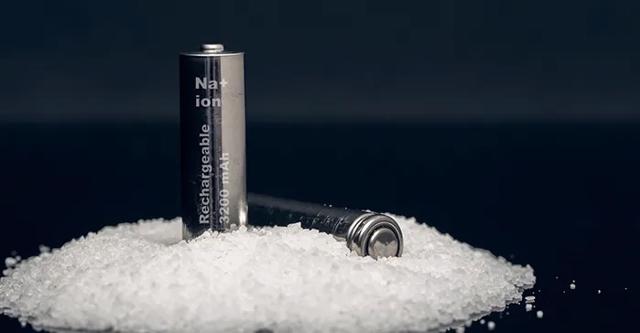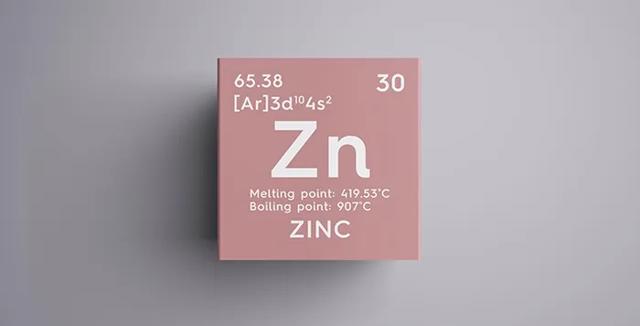The global automotive industry is undergoing a fundamental transition from internal combustion engines to electrified powertrains. Although this process is currently facing some challenges, the development of next-generation electric vehicle (EV) battery technology continues to progress

Lithium-ion is now the favored option of manufacturers for electric vehicle batteries; however, it has several limitations in automotive applications. Developers are also exploring other alternatives.
Solid-state battery, a safer choice
Solid-state batteries replace liquid with solid polymer or ceramic electrolytes, providing superior thermal stability. Solid-state batteries also allow for more dense packaging of electrodes, potentially leading to a significant increase in energy storage capacity. This helps electric vehicles charge significantly faster. Solid-state batteries also have a longer lifespan than lithium-ion.
These benefits result in a longer EV driving range, faster charging times, and increased lifespan. Companies like Toyota and Samsung are investing significantly in this battery technology. However, there are still challenges with solid-state batteries.
Manufacturing solid-state batteries is currently a complex and expensive process. Technical hurdles revolve around optimizing conductivity and compatibility with electrode materials. Despite these challenges, solid-state batteries have huge potential to improve the charging experience, making them a game-changer in widespread electric vehicle applications.
Sodium-ion, an economical choice

Sodium is significantly cheaper and more abundant than the lithium used in lithium-ion batteries.
Sodium-ion batteries provide an opportunity to reduce battery manufacturing costs, making electric vehicles more accessible to more consumers. The abundance of sodium also reduces dependence on lithium mining, which raises environmental concerns. Sodium-ion batteries also maintain good performance at lower temperatures making them a suitable choice for regions with extreme winters, unlike lithium-ion batteries, which reduce performance in cold weather.
However, sodium-ion batteries have their own limitations. Sodium-ion currently offers lower energy density than lithium-ion resulting in shorter driving ranges for electric vehicles using sodium-ion technology. Additionally, sodium-ion batteries typically have slower charging rates than lithium-ion batteries.
Overall, sodium-ion batteries provide a sustainable and cost-effective alternative for specific segments of the electric vehicle market. Companies such as BYD, CATL and Faradion are investing in sodium-ion battery development.
"Metal-air" batteries, a sustainable choice

Another emerging EV battery type under development is metal-air, which includes technologies such as zinc-air, aluminum-air, and iron-air.
Metal-air battery is a special type of battery that has metal electrodes that interact with air instead of liquid. Like solid-state batteries, metal-air battery chemistries have the potential for significantly higher energy densities than lithium-ion batteries, extending the driving range of electric vehicles. Using abundant materials also promises the ability to reduce battery production costs.
However, current metal-air battery technology has a shorter lifespan than lithium-ion, and frequent recharging can significantly reduce battery capacity. Regardless, metal-air batteries still offer potential due to their high theoretical energy density and a more sustainable alternative. These capabilities have prompted companies such as Duracell, Rayovac and Nantenergy to invest in metal-air battery development. Overall, metal-air batteries hold promise for the future of electric vehicles, but continued improvement is needed before they can compete effectively with lithium-ion technology in the mainstream market.
A diverse approach
The automotive and chemical industries are researching many new battery technologies with a variety of chemistries and structures. This is beneficial for the development of electric vehicles as a diverse approach will likely be needed to appeal to different market requirements and use cases. The ability to choose from a variety of battery types will allow automakers to cater to vehicles that meet specific market needs and preferences.




















